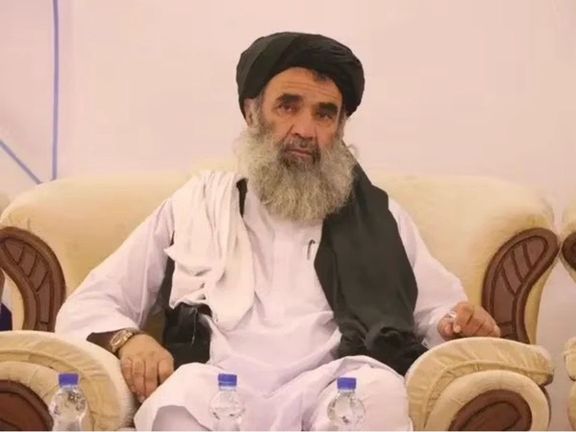Taliban Minister: Group Powerless Against Pakistan’s Airstrikes

The Taliban’s Minister of Education, Habibullah Agha, has admitted that the group was unable to respond to recent Pakistani airstrikes due to a lack of technological capability.

The Taliban’s Minister of Education, Habibullah Agha, has admitted that the group was unable to respond to recent Pakistani airstrikes due to a lack of technological capability.
Speaking at a meeting in Kabul on Sunday, Agha said: “Our weakness in the face of Pakistan’s air attacks was because we do not have access to the necessary technology.” He claimed, however, that in ground battles, “the Pakistanis were defeated.”
The minister emphasised the importance of modern science and technology for defending what he called the Taliban’s sovereignty. He also alleged that during recent border clashes, Pakistani soldiers “fled their positions.”
Last month, following Pakistan’s airstrikes on Kabul and Paktika, Taliban and Pakistani forces engaged in deadly border fighting. The Taliban claimed that 58 Pakistani soldiers were killed, while Islamabad said it had eliminated more than 200 Taliban fighters.
Mediated by Qatar and Turkiye, defence ministers from both sides later signed a peace agreement in Doha.
Agha previously said that the absence of modern scientific knowledge had allowed the United States to dominate Afghanistan’s airspace. He argued that only through modern education could Afghanistan counter foreign drone patrols.
In his latest remarks, Agha urged the country’s youth to “work harder to acquire modern knowledge and technology.”
His comments come despite the Taliban’s ongoing ban on education for girls beyond grade six, now in place for more than four years. The Taliban have also revised Afghanistan’s school curriculum, removing large sections of modern subjects deemed contrary to their ideology and increasing the focus on religious studies.